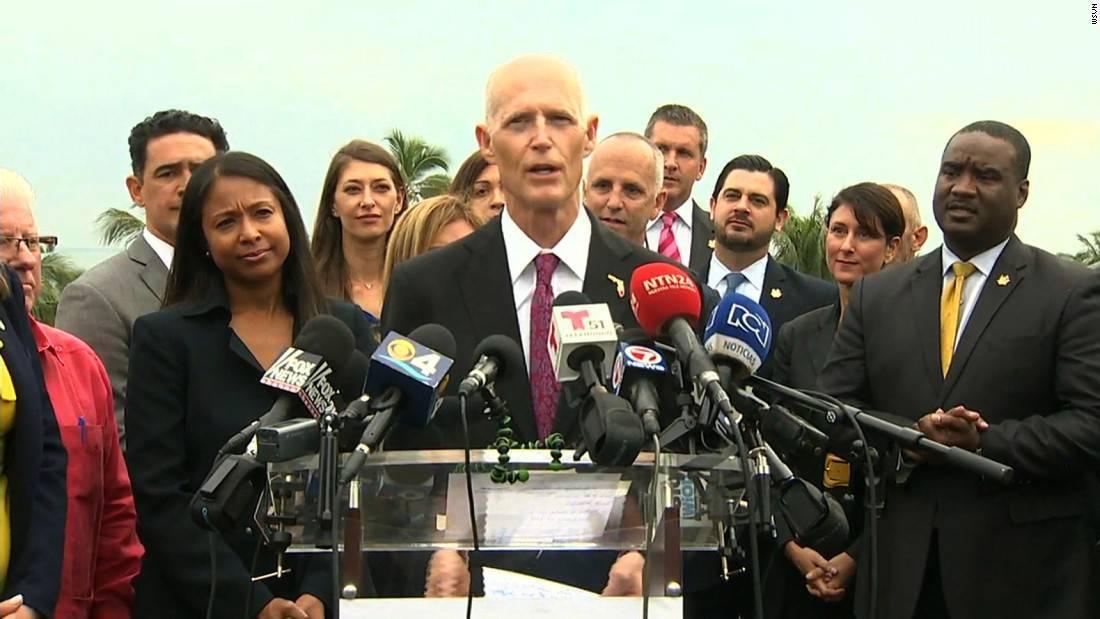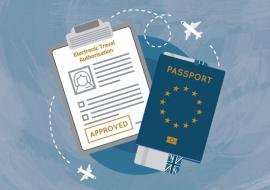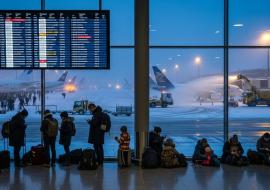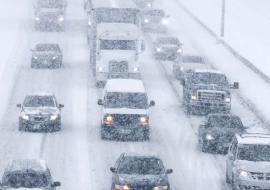Florida Governor Declares Miami Free of Local Zika Virus

Miami and the South Beach areas have been declared "free of locally transmitted Zika virus," Florida Gov. Rick Scott said Friday as first reported by CNN.
In addition to the area, the entire state of Florida is said to have no local transmission where they began to appear in the area in July.
"Our state has no local transmission, so we welcome all tourists to come enjoy our weather and our beaches," Scott said. "This state is open for business."
While this is great news, Dr. Celest Philip mentions the risk is not over yet.
"I want to remind everyone that disruption of local transmission is extremely significant, but we must be vigilant," Philip said. "Miami is popular, and travelers will continue to bring it into our state. So, we must remain on alert and continue protective efforts: Use repellant, keep your skin covered as much as possible, and we can't forget about risk associated with sexual transmission."
Dr. Philip reminds everyone that "if a person or their sexual partner travels to an area where Zika is circulating, they should abstain from sex or carefully use safe sex measures for six months after returning, according to the World Health Organization. The recommendations apply to both men and women and should be followed even if neither of the partners have shown symptoms of Zika -- and regardless of whether they are trying to conceive." Philip then stresses pregnant women need to contact their local county health department for Zika testing.
The virus is still present in the state of Florida despite the diminishing of local transmission. As of this week there are 11 current investigations underway that are looking into transmission with eight new "travel-related" cases reported Thursday.
The common symptoms for the Zika infection "include rash, fever, headache, muscle and joint pain and, on occasion red eyes that appear similar to conjunctivitis."
Source: Travel Pulse














